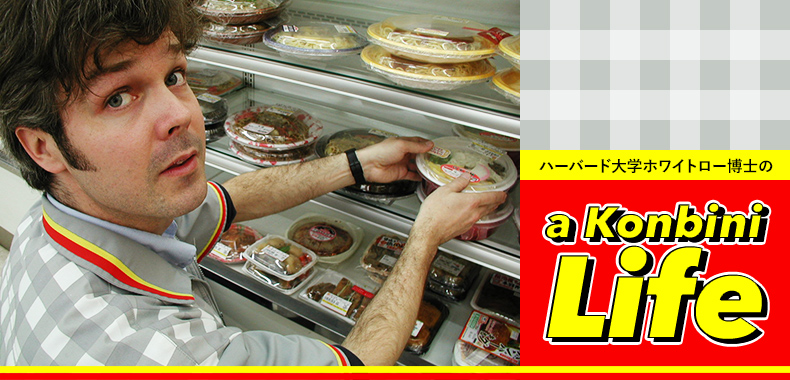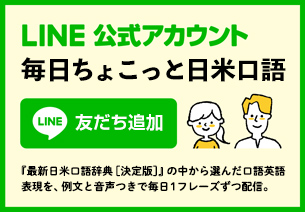Learning from ‘the everyday’
Often what we learn the most from is not the strange, unique, or exotic, but something that is common and everyday—a place or an activity that we take for granted and come to simply forget. For me, this happened with the convenience store. In the mid-1990s, I taught English in a rural community in Yamagata. There, I encountered my first konbini, or convenience store. At the time, Japan’s major chains had begun expanding beyond urban areas and new konbini were opening throughout the region. I turned to FamilyMart, Lawson, 7-Eleven and Sunkus for refueling after hiking trips or to kill time before meeting friends.
take for granted ~を当たり前のことと考える / come to do ~してしまう、~して終わる / rural 田舎の / expand beyond ~を超えて広がる / urban 都会の / turn to ~に向かう / refueling 給油 / kill time 時間をつぶす
As an American who grew up with convenience stores, Japan’s konbini were not unfamiliar. I intuitively knew how to use them and knowledge of Japanese was not required because talking with the clerk was rarely necessary. But the konbini was not a carbon copy of its American counterpart. The Japanese franchises I came to know were cleaner, better maintained, and more interesting. Greater commercial emphasis was placed on food and services, such as copy machines, ATMs and accessible bathrooms. Konbini were compact but not cramped. They were welcoming and relaxing yet speedy and efficient. When I returned to my hometown, the American 7-Eleven felt surprisingly foreign.
unfamiliar なじみがない / intuitively 直感的に / knowledge 知識 / clerk 店員 / rarely めったに~ない / carbon copy 写し、そっくりのもの / counterpart 対応するもの / maintain ~を維持する / emphasis 重要視 / accessible 利用可能な / bathroom《米語》トイレ / cramped 窮屈な、狭苦しい / efficient 効率的な
I began wondering how this could be. Wasn’t the selling point of a business franchise—like McDonald’s or Starbucks—giving customers an identical retail experience. What made the convenience store in Japan distinctive and different? Energized by these questions, I returned to Japan as a doctoral student in sociocultural anthropology and studied the konbini as a cultural institution. Rather than remaining just a customer, I decided to take a job as a clerk and learn how convenience was produced. My first day on the job, I worked the morning shift at a store in downtown Tokyo. The manager ushered me into the konbini’s “backyard.” Wearing a uniform, I was instructed to say Japanese services phrases that I had heard but never said. She then took me to the counter for lessons on how to properly count Japanese bills and bag customer purchases by dividing hot and cold items. I was in culture shock. In the course of that one morning, the Japanese konbini that I thought I knew so well was no longer something common, intuitive, and understood—it became a new country that I needed to put my entire body into learning.
identical 同一の / retail 小売りの / distinctive 個性的な / energize ~を元気づける、励ます / sociocultural anthropology 社会・文化人類学 / cultural institution 文化施設 / rather than doing ~するよりもむしろ / remain ~のままである / usher A into B AをBに案内する、連れて行く / "backyard"「(倉庫・作業場・調理場など)店舗の売り場でない場所」「バックヤード」【注:このような意味の「バックヤード」は和製英語といえる。英語のbackyardは「裏庭」の意】/ properly 適切に / bag ~を袋に入れる / purchase 購入品 / in the course of ~しているうちに / no longer もはや~ない / put one's entire body into doing ~することに全身を傾ける、全身全霊で~する



